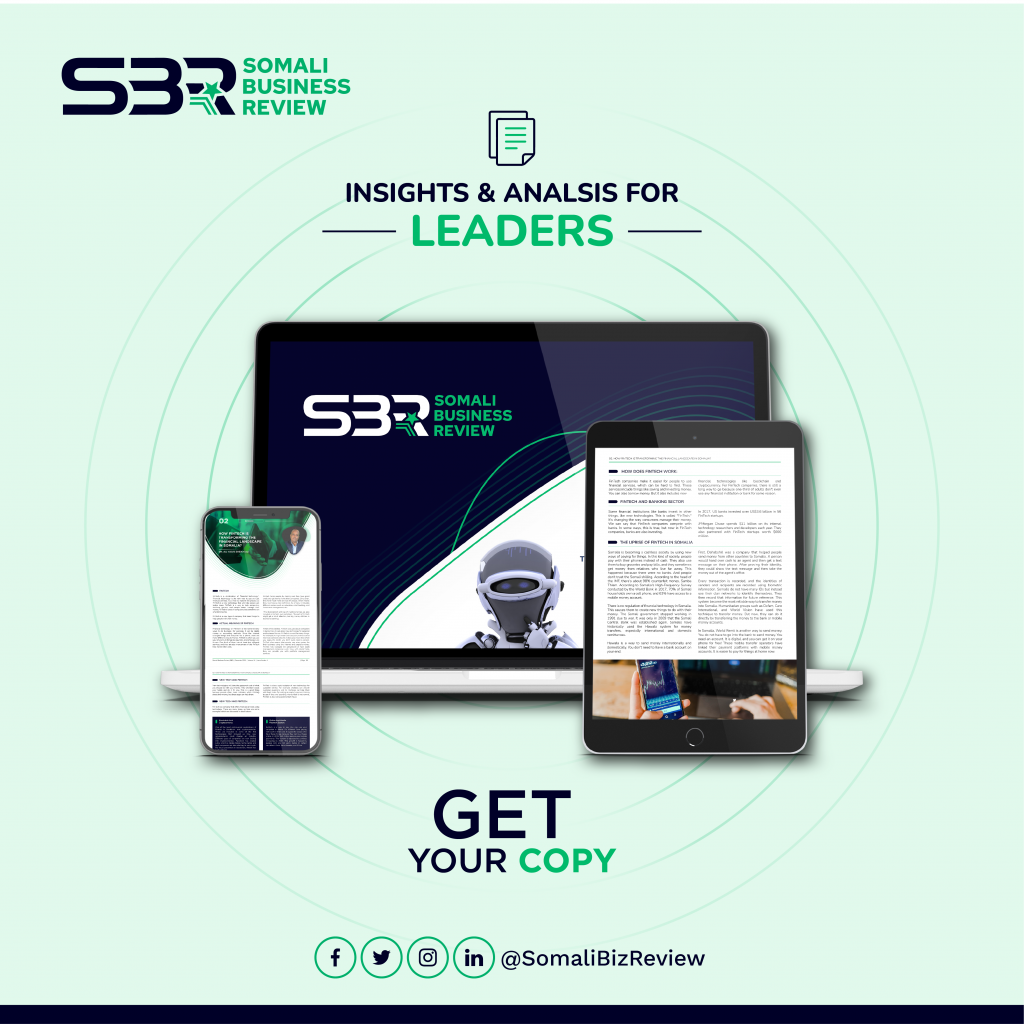TECHNOLOGY FOR GOOD – New inventions has always received both warm receptions and backlashes from the general public. In the late 17th Century, during the peak of the second Industrial Revolution, the world experienced the invention of electricity which is among the best thing that happened to humanity at the time, but for some people, it was a curse to the people and the planet. Similar debates are viewed today about emerging technologies.
The invention of Humanoid robots and other AI-powered technologies are increasing at an alarming rate in the fields of healthcare, services, entertainment and defence which raised concerns over human relevance in the future labour markets. In the coming decades, so many jobs will be automated but new other jobs will emerge supposedly. However, For developing and underdeveloped countries including Somalia, reinventing the wheel might not be the best viable option but adopting the current technological trends and leveraging its promises for social good might be the best option. Artificial Intelligence and Machine learning are among the tipping points of the Fourth Industrial revolution. The world should view as a gift to humanity. It’s upon humans to decide how to utilize it. They can be sources to build prosperous planets or digital dictators at both corporate and state levels. Technology is always the means to end not the end itself.
Also, in this issue, some of the authors emphasised the importance and need for skilling, upskilling and reskilling continuously for young people to adapt to the market dynamics. This is also linked to the advancement of technology; history teaches us the emergence of new jobs with frontier technology. Skills are vital for winning jobs than also most anything else while other things remain constant. Most jobs in today’s labour markets demand soft skills and digital skills while most of them are found from the current schooling system. This makes, young people seek and reinvent themselves from online learning platforms and innovation hubs.
On the other hand, our writers explored the development of fintech in Somalia as a vital enabler for small businesses to flourish. Somali is one of the leading countries that adopted Fintech in Africa. Almost every transaction is paid through mobile money which may make Somalia a cashless country in years to come.
Lastly, among the many interesting and timely featured articles in this issue, the promotion of women-owned or led MSMEs requires a holistic approach than offering financial grants or loans. In Somalia, women are the majority in running a small business, but they are the minority in receiving training and technical education. Although this remains an odd puzzle to be solved, some business incubators are implementing women designated programs. Empowering Women in entrepreneurship may elevate businesses and hugely contribute to recovering Somalia’s economy.
Mohamed Okash, Editor-In-Cheif, Somali Business Review




